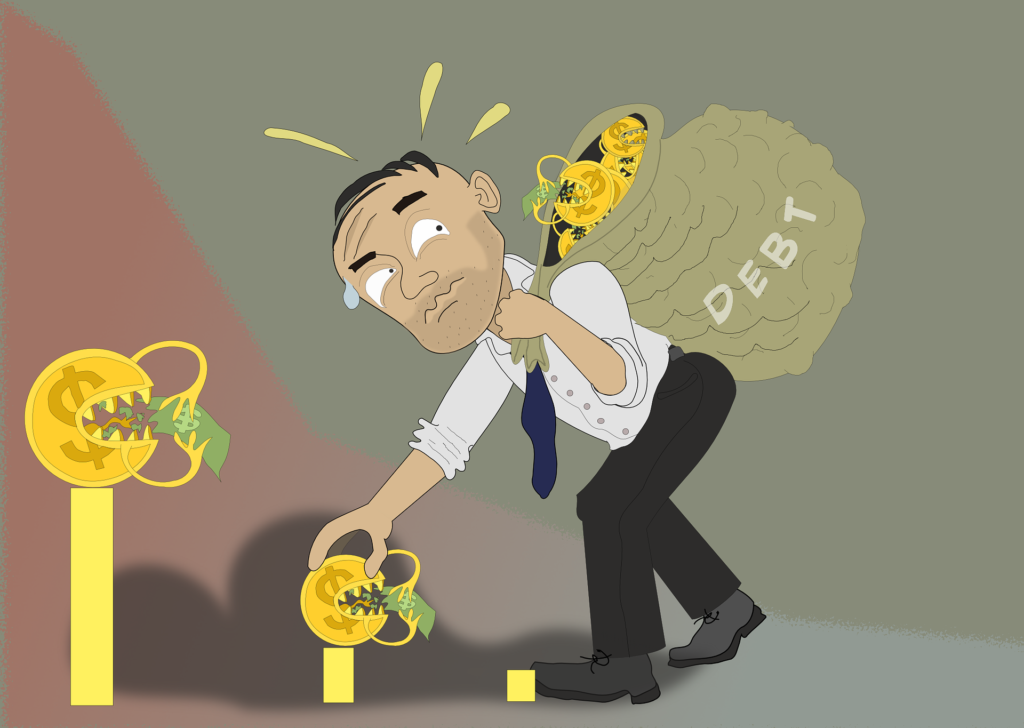Egypt raised the price of a range of petroleum products on Friday in line with a pledge it made to the International Monetary Fund (IMF) under an $8 billion financial support package.
Petrol prices up
In a letter of intent signed in November 2022, Egypt promised the IMF that it would allow domestic fuel prices to rise to match international energy costs.
The Automatic Pricing Committee for Petroleum Products raised petrol prices by 2 cents (EGP 1.00) per liter to 24 cents (EGP 11) for 80 octane grade, 27 cents (EGP 12.5) for 92 octane grade, and 29 cents (EGP 13.5) for 95 octane grade, according to Egypt’s Ministry of Petroleum and Mineral Resources.
The quarterly committee also raised the cost of diesel to 21 cents (EGP 10) from 18 cents (EGP 8.25) and the price of butane cooking gas to $2.14 (EGP 100) per cylinder from $1.61 (EGP 75), according to Egypt’s official gazette.
The committee also set the price of fuel oil at $160.8 (EGP 7,500) per ton but maintained the same price of $32.2 (EGP 1,500) per ton for the food sector and $53.59 (EGP 2,500) per ton for energy facilities, the gazette report added.
In conjunction with these adjustments, compressed natural gas for automobiles has been raised by 18%. Notably, the price of the 12.5-kilogram butane gas cylinder has significantly climbed by 33%.
Established by the Ministry of Petroleum and Mineral Resources in 2019, the FAPC undertakes quarterly reviews of fuel and gas-related prices based on global oil prices and local currency performance against the US dollar. These adjustments align with the committee’s mandate to ensure price stability amid economic conditions.
Impact
The recent price hikes are attributed to factors such as the liberalization of the exchange rate, impacting petroleum product costs, and rising transportation and shipping costs for imported products. The government aims to narrow the gap between production costs and selling prices through these adjustments.
Hossam Arafat, former head of the Petroleum Products Division at the Federation of Egyptian Chambers of Commerce, noted that the current hikes were anticipated during FAPC’s regular review cycles, scheduled for January and April. Arafat emphasized that the adjustments align with currency exchange rates and global oil prices.
Against the backdrop of escalating tensions and ongoing conflicts like the Russia-Ukraine war, oil prices have seen slight gains. While these adjustments contribute to inflationary pressures, Arafat highlighted the importance of diesel prices in mitigating transportation costs.
The government’s decision reflects its commitment to addressing economic realities and ensuring energy sector sustainability in Egypt.







